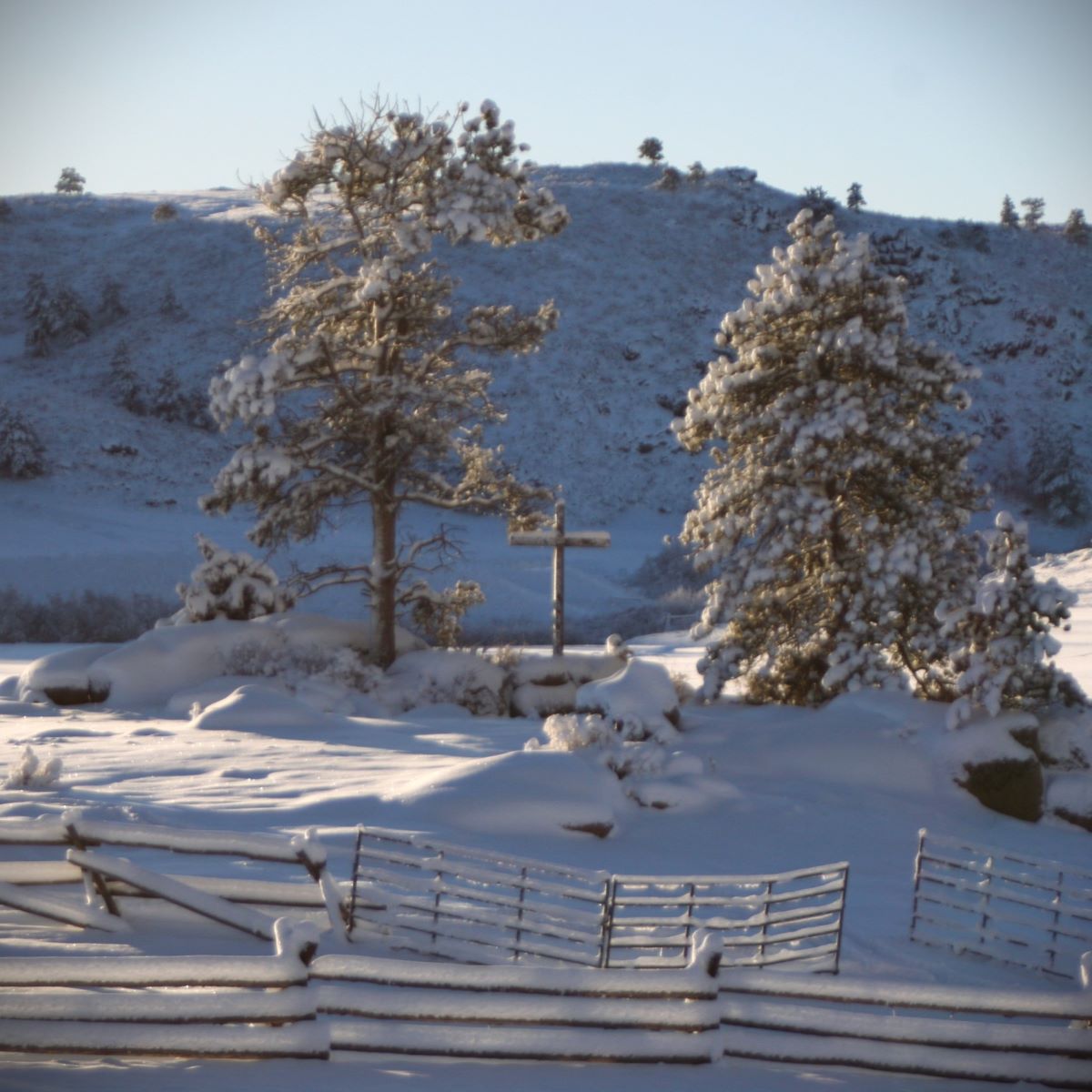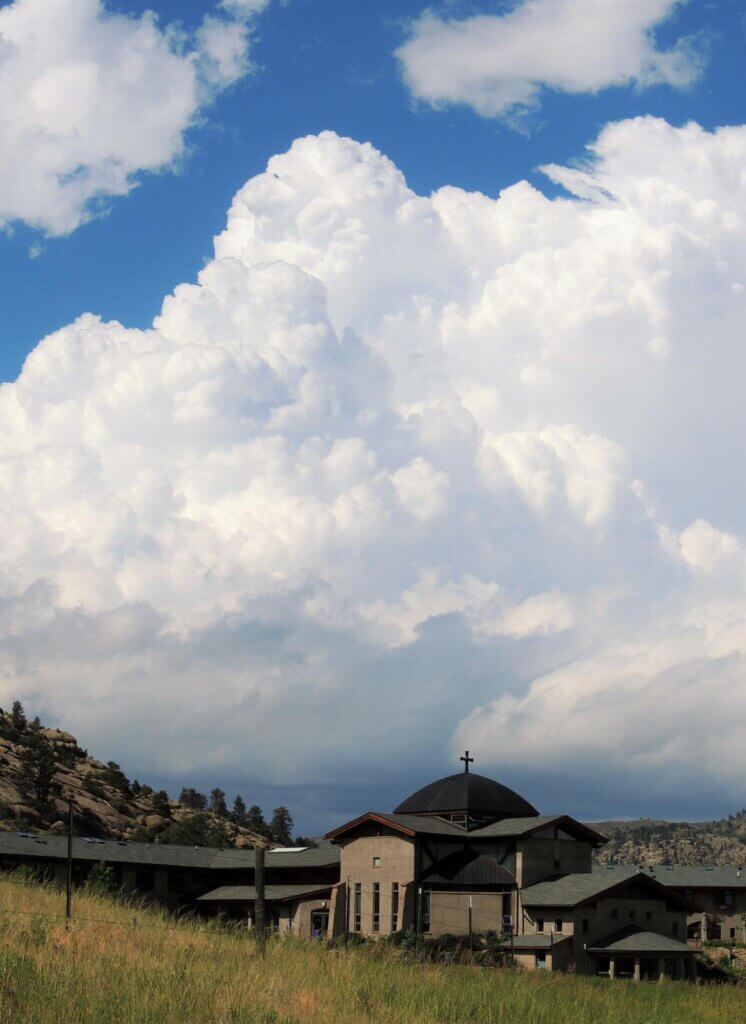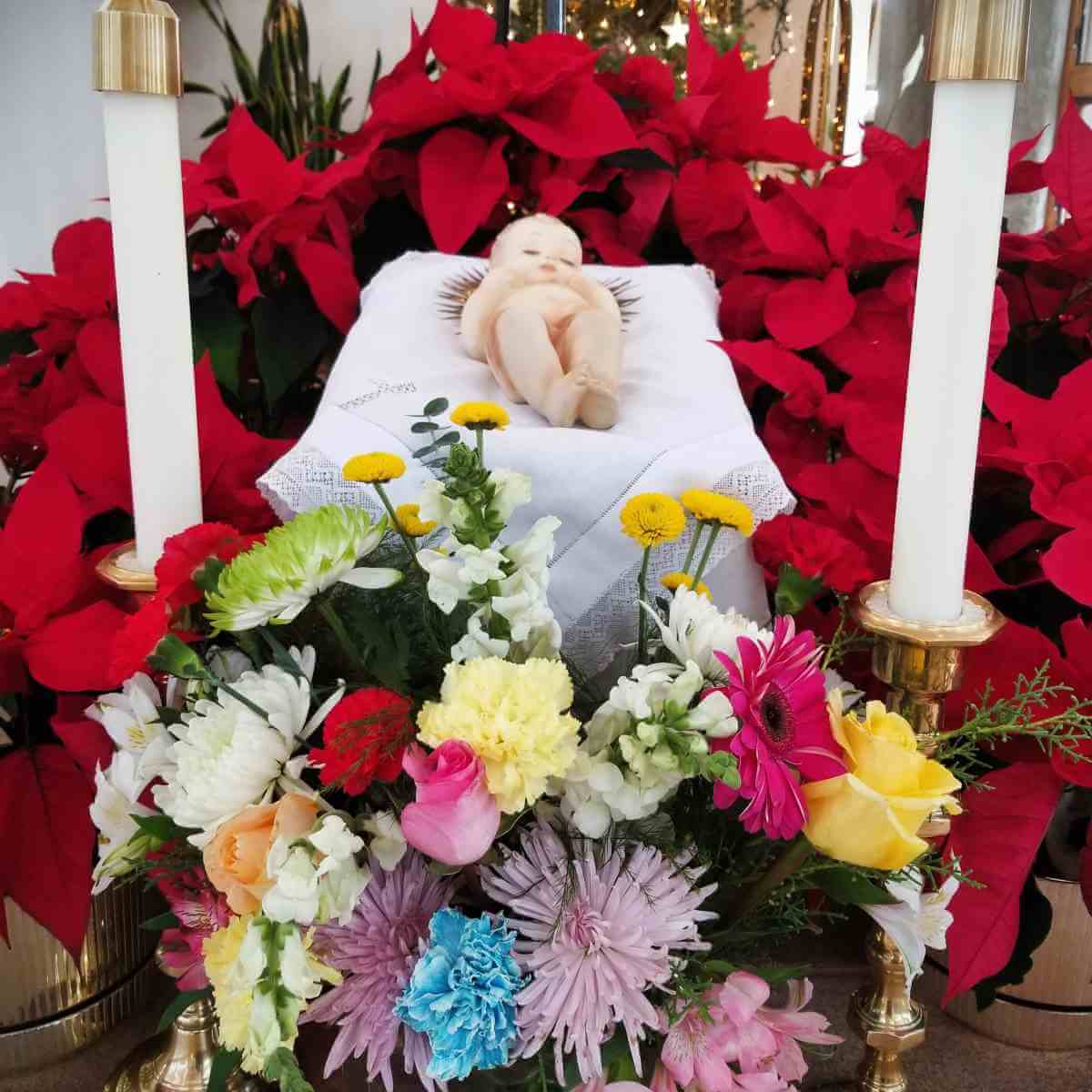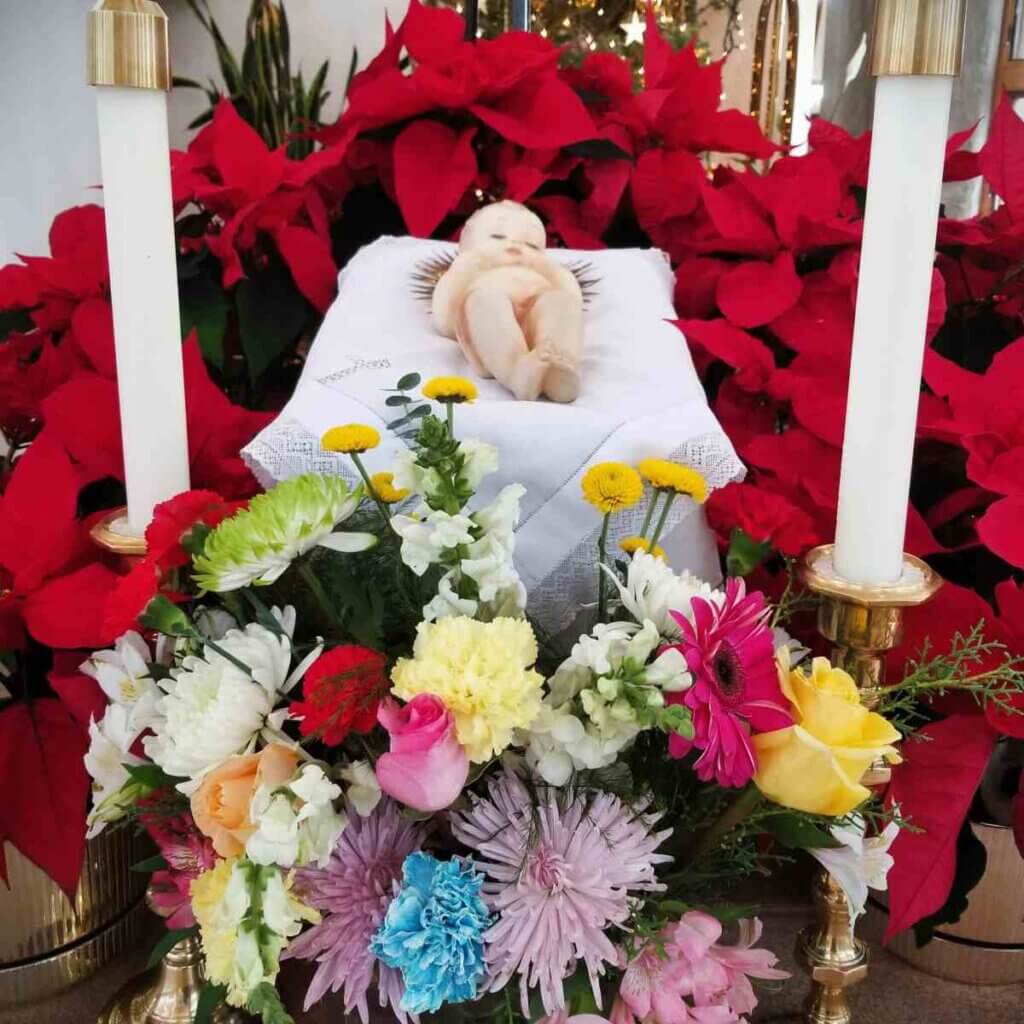A reflection by our Abbess, Mother Maria-Michael Newe, OSB, given to the nuns of the Abbey of St. Walburga in preparation for Lent
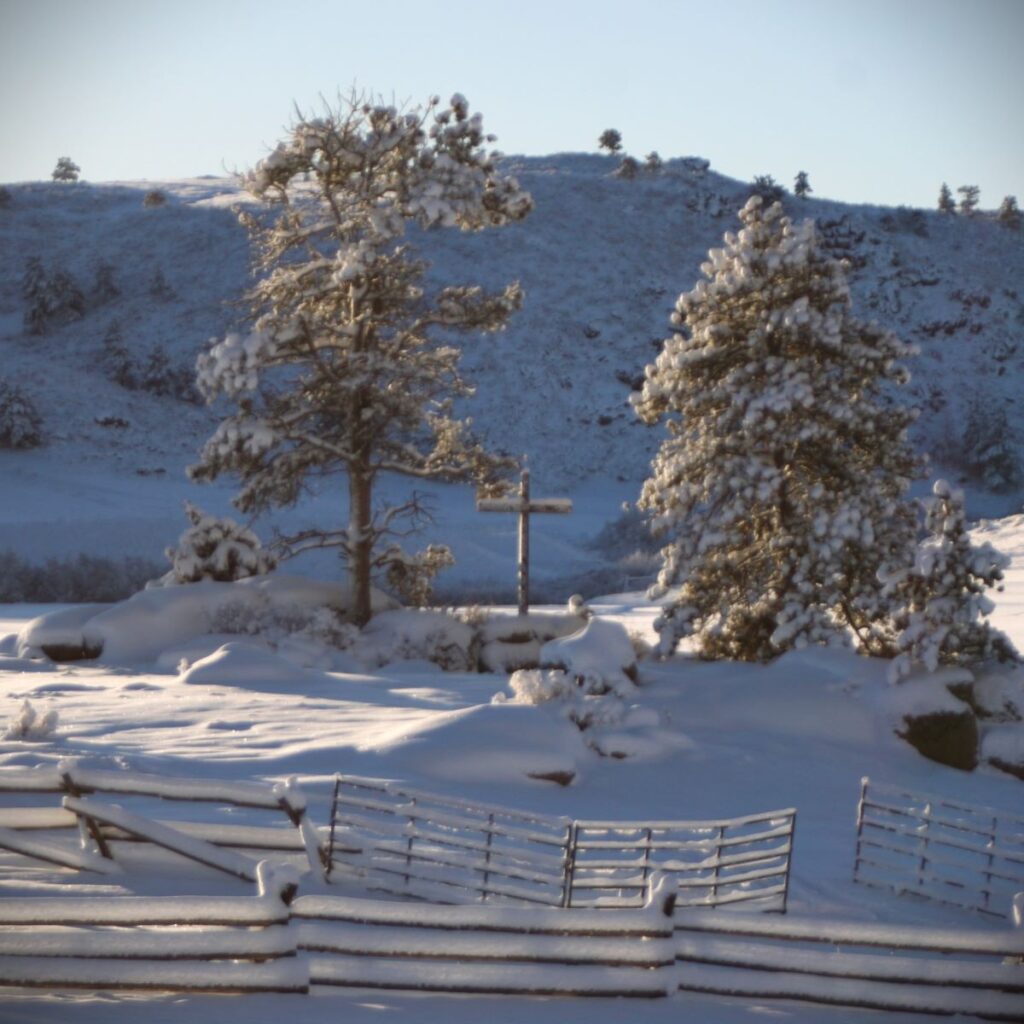
The 40 days of Lent are such a wonderful gift that we give to God because we love Him. Rather than being a big burden, Lent is really a joyful time, a time to look forward to and get excited about. It’s a time to give to God in a very special way, and we do it in union with the whole Church – It’s so much bigger than just us. This Lent, let us focus on amending the things we do which harm relationships, because unity is a very serious thing to God, who prays “that they may be one, as we are one,” (cf. John 17:22). As you prepare your Lenten resolutions, ask, “How can I improve?” Specifically, let’s consider how we can grow in the areas of reverence and gratitude.
Reverence seems to be a lost art, which I think Benedictines are truly called to bring back. St. Benedict expects reverence from us: reverence for God, reverence for one another, and reverence for the abbot/abbess/those in authority. I don’t think we learn this very well in our society today. Rather than treating all people with dignity and respect, there is this idea that anyone can say anything they want to anyone they want, and just lay it all out there, and there is little consideration of those in authority. What people don’t understand regarding authority is that it’s the office that is respected. Even if we don’t respect the person, we treat them with respect because of the office they hold.?Whether we agree with a person in authority or not, it is not our place to tear them down and speak disparagingly of him. Listening is an important part of respecting one another. You have to put yourself aside and recognize Christ in another, even if you go blind because you’ve strained your eyes so much trying to do it.
Keeping our rooms in good order is also a part of reverence. We hear Christ tell His disciples to “come away by yourselves to a deserted place and rest a while” (Mark 6:31). One such deserted place should be our cells (the monastic term for “bedrooms”). Our cells should be “deserted” in the sense that they are free from clutter, so that we are truly able to rest in them. We should be able to sit down and rest a while – and notice that it doesn’t say to stay there all day, but just a while. This coming Lent we should really take care to get rid of the things we don’t need, so that we are able to come into our cells and sit down and be quiet and know the Lord’s presence there. If we come in and we just ask to be in God’s presence, the walls of our rooms will pick up that peace. It will be as if “The Peace of Christ” is written on your walls. And think about the pictures/artwork you have on your walls, and that they too will reflect on you – Do they foster the sense of God’s presence? I truly hope that they do.
Another thing to think about this Lent is gratitude. Try to rejoice and love the gifts of God. I don’t think God wants us to walk around like Eeyore all day, saying, “Oh poor us” or “Don’t be too happy.” We belong to God – there is every reason to be joyful! Don’t be afraid to express joy. Don’t be afraid to be happy. I know sometimes people are afraid to be happy because they’re just waiting for the other shoe to drop, and so they’re afraid to rejoice. But if we take everything from the hand of God, then it won’t matter. We will accept with gratitude whatever it may be, because we know the Lord, and we trust the Lord, and we are not afraid of anything, because we have put everything into His hands.
A cross visible from the Abbey of St. Walburga guest courtyard and cloister courtyard, after a big snow on February 4

